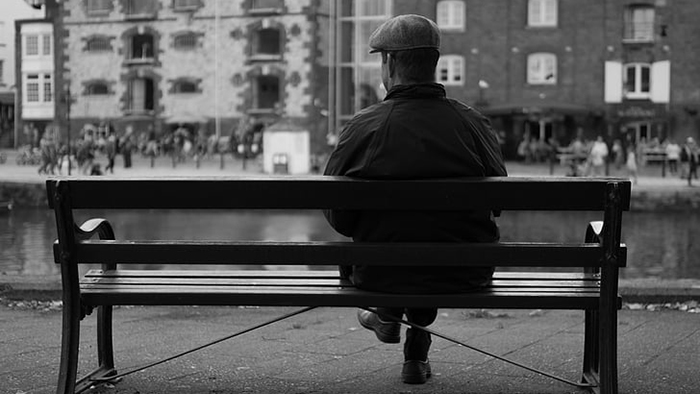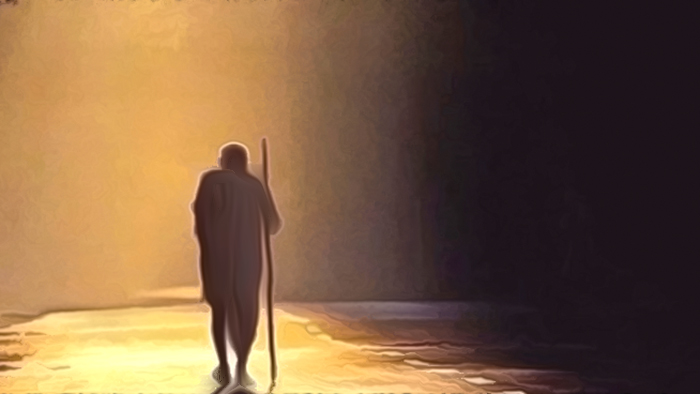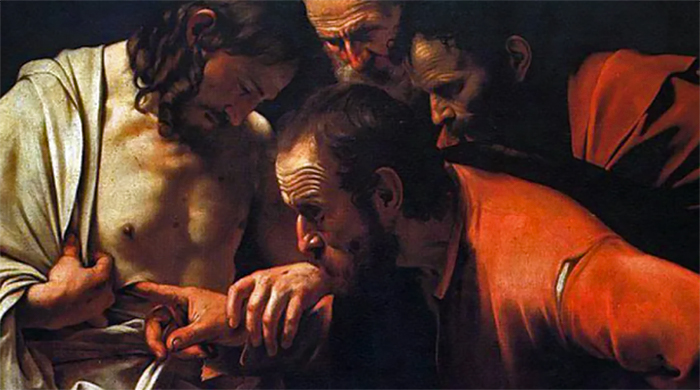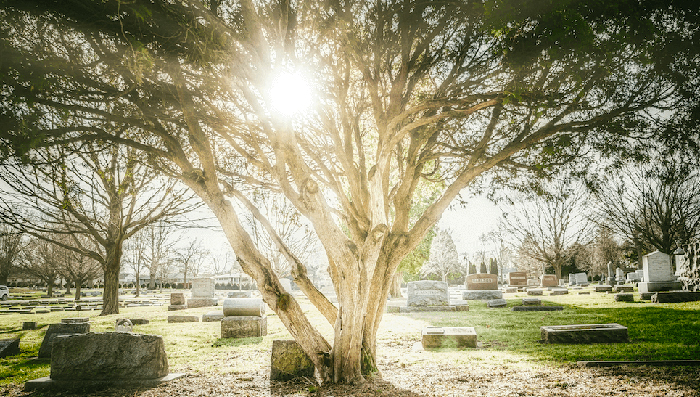
Theologians note that religious history through the centuries seems to affirm that God seemingly takes his time in the face of our impatience. Our scriptures are often a record of frustrated desire, non-fulfillment, and human impatience. It’s more the exception when God intervenes directly and decisively to resolve a particular human tension. We are always longing for a messiah to take away our pain and to avenge oppression, but mostly, those prayers seem to fall on deaf ears. Fr. Rolheiser writes that humans are forever impatient, but God refuses to be hurried. Why is God seemingly so slow to act? Why is God so patient, so plodding in his plan, when we’re suffering so profoundly? Why is God so excruciatingly slow to act in the face of human impatience? There’s a line in Jewish apocalyptic literature that, metaphorically, helps answer this question: every tear brings the messiah closer! There is, it would seem, an intrinsic connection between frustration and the possibility of a messiah being born. It appears that messiahs can only be born after a long period of human yearning. Why? Because real love and life can come to birth only when a long-suffering patience has created the correct space, the virginal womb, within which the sublime can be born. When a green log is placed in a fire, it doesn’t start to burn immediately. It first needs to be dried out. Thus, it lies in the fire and sizzles for a long time, its greenness and dampness slowly drying out. Only when it reaches kindling temperature can it ignite and burst into flame. Speaking metaphorically, before a log can burst into flame, it must pass through a certain advent, a certain drying out, a period of frustration and yearning. So are the dynamics of how real love is born in our lives. We can ignite love only when we—selfish, green, damp logs—have sizzled sufficiently. And the fire that makes us sizzle is unfulfilled desire. God is never in a hurry, and for good reason. Messiahs can only be born inside a particular kind of womb, one within which there’s enough patience and willingness to wait to let things happen on God’s terms, not ours. Ideally, every unfulfilled longing should lead us into a deeper and more sincere prayer. And all of our pained impatience for a consummation that seems forever to elude us should make us feverish enough to burst into love’s flame.









